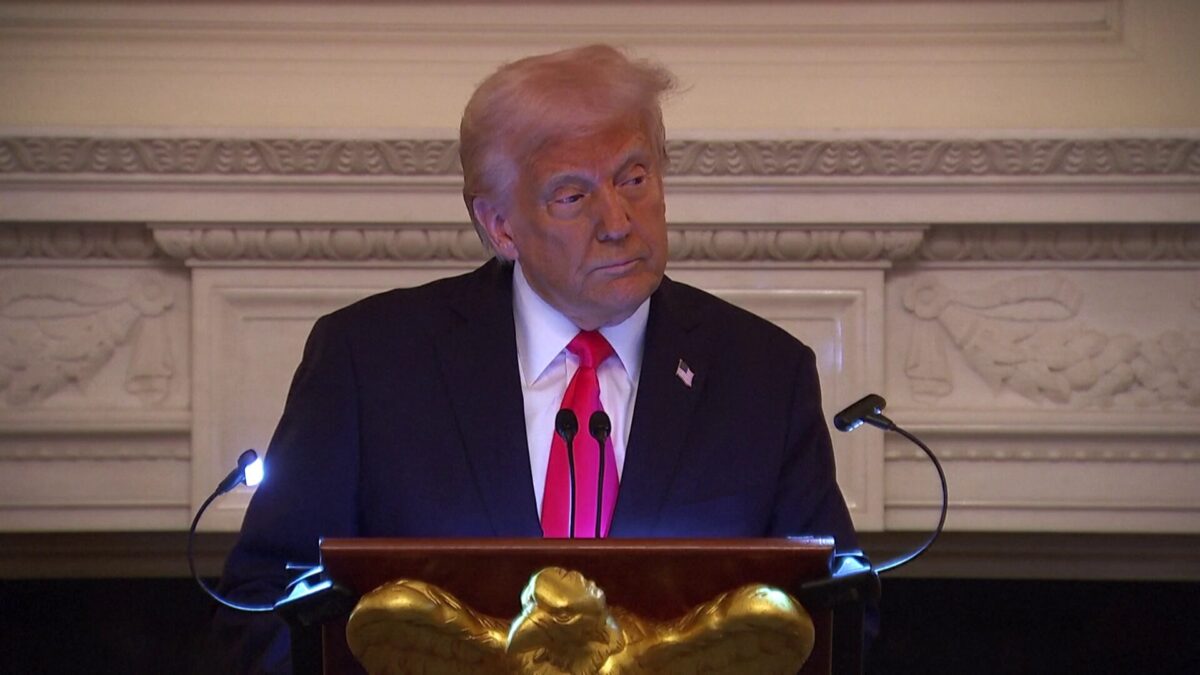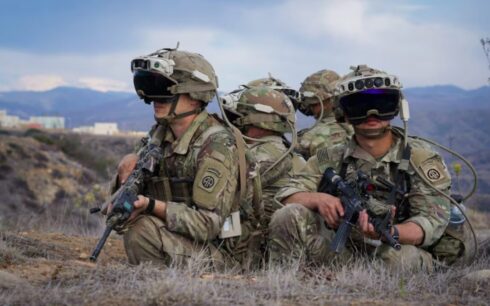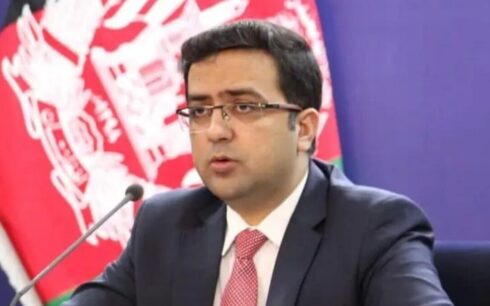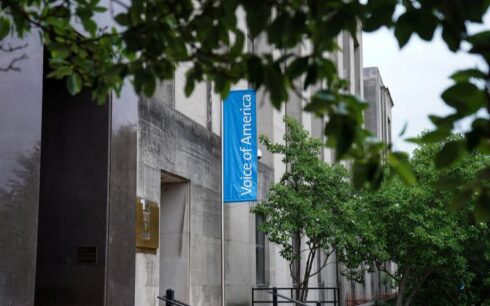WASHINGTON — President Donald Trump hosted an Iftar dinner at the White House on Thursday evening, celebrating the Islamic holy month of Ramadan and claiming “record levels” of support from Muslim Americans. The event also served as a platform to reaffirm his administration’s foreign policy priorities, including a renewed push for diplomacy in the Middle East.
Trump, now in his second term as president, used the occasion to highlight the Abraham Accords, the normalization agreements between Israel and several Arab states brokered during his first term. He said his administration intends to expand the agreements, which have been largely stagnant in recent years.
“Every day, we’re keeping our promises to the Muslim community,” Trump said. “We’re building on the historic Abraham Accords — which everybody said were impossible. Biden did nothing to move them forward, but we’re going to pick up where we left off. People are already talking about it. It should’ve been done long ago.”
The president also acknowledged the presence of high-ranking diplomats from more than two dozen Muslim-majority nations, including Saudi Arabia, Egypt, Jordan, Qatar, Pakistan, and Indonesia. Among those recognized was Princess Reema bint Bandar, the Saudi ambassador to the United States, whom Trump praised as a “very special woman.”
The event came amid deepening tensions in the Middle East. Israel’s ongoing military offensive in Gaza has drawn condemnation from many Muslim-majority countries, as well as segments of the American Muslim community. The offensive followed Hamas’s October 7 attack on Israeli territory and has resulted in the deaths of tens of thousands of Palestinians, according to health officials in Gaza.
In the background, reports have emerged suggesting that the Trump administration is considering a new travel ban targeting additional Muslim-majority countries, including Afghanistan and Pakistan. The move would echo Trump’s 2017 travel ban, which restricted entry from seven Muslim-majority nations and was later upheld by the Supreme Court.
Rights groups and civil liberties advocates have warned that such policies could further alienate Muslim communities both at home and abroad.





